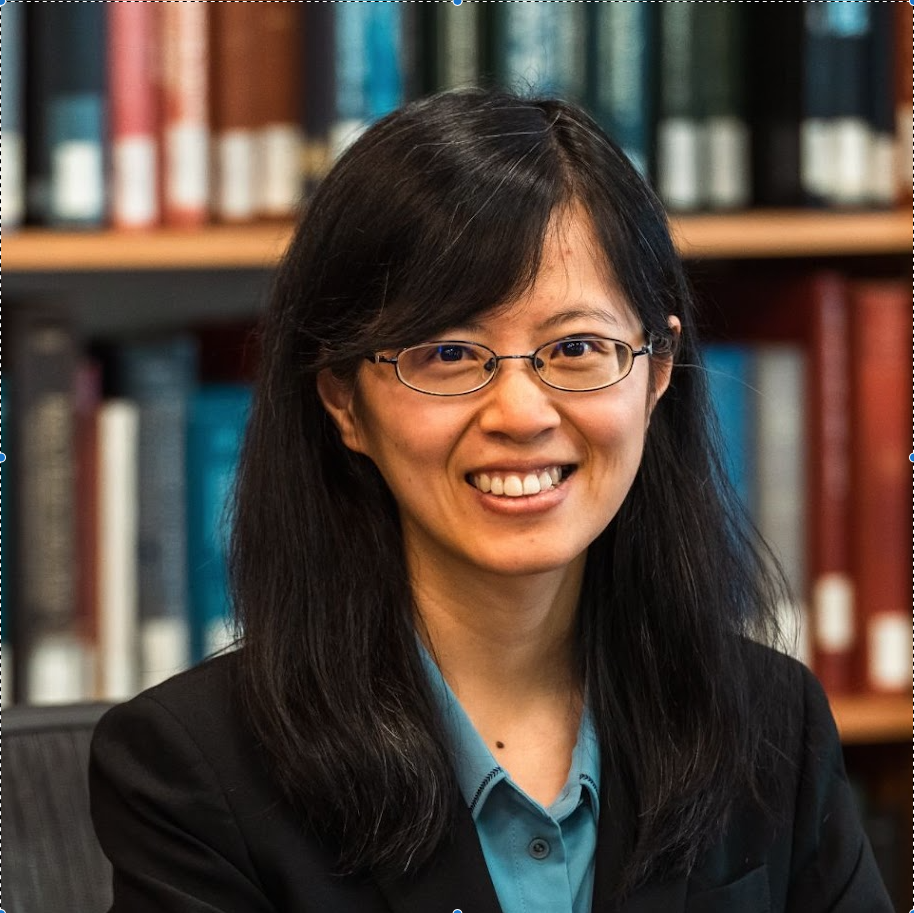
RESEARCH INTERESTS
China, East Asia, Southeast Asia; Environmental history, history of science and technology, economic history
BIOGRAPHY
Yiyun Peng received a PhD at Cornell University in 2023 and joined the Department of History at the University of Chicago as a D. Kim Foundation for the History of Science and Technology in East Asia Postdoctoral Fellow. Peng's current book project demonstrates how the popularization of a few cash crops and the handicraft industries processing them into commodities--indigo dye, bamboo paper, tobacco, and ramie (a fiber plant) cloth--led to a herbaceous revolution in upland Southeast China from the sixteenth to the mid-twentieth century, which profoundly transformed the region's environment and society.
DISSERTATION
In its dissertation form, this project won the Messenger Chalmers Prize for the best dissertation in the Department of History at Cornell:
A Herbaceous Revolution: How Crop-Based Handicraft Industries Transformed Upland Southeast China, 1500-1970
Abstract: This dissertation scrutinizes a few important cash crops and handicraft industries that processed them into commodities—indigo dye, ramie cloth, tobacco, and bamboo paper—in upland Southeast China. Through these crops and handicraft industries, mountain people there developed a revolutionary, herbaceous economy that profoundly changed the highland environment and its society, and integrated this region into larger domestic and overseas markets through the exports of these commodities to coastal China, Korea, Southeast Asia, and beyond from the sixteenth to the twentieth century.
Highlands have often been dismissed as economically and socially isolated and backward, largely associated with activities such as lumbering, mining, hunting, and other enterprises that were deemed typically mountain businesses. This dissertation goes beyond these scopes and probes deeply into agro-industrial activities that constituted the herbaceous economy. It also demonstrates how the late imperial and modern states’ economic, agricultural, and industrial policies adjusted to this economy over the course of time. In addition, this dissertation reveals how mountain people’s economic lives were deeply embedded in the environment. As these crops do not require much water, heat, or fertilizer, mountain people used them to cultivate their habitat where resources like water, sunlight, and fertile land were insufficient, thus optimizing land use. To process these crops into commodities, mountain people also built production facilities that adapted to the difficult environment so as to utilize the environment, which eventually also reshaped it. In all, the focus on the highlands refreshes our understanding of the economy of late imperial and modern China, which has been understood by scholars to center on the lowland production of rice, cotton, and silk. Ultimately, the highlands-centered approach ushers in a rethinking of the highlands as a complex and active economic, ecological, and technological system.
 THE UNIVERSITY OF CHICAGO
THE UNIVERSITY OF CHICAGO

